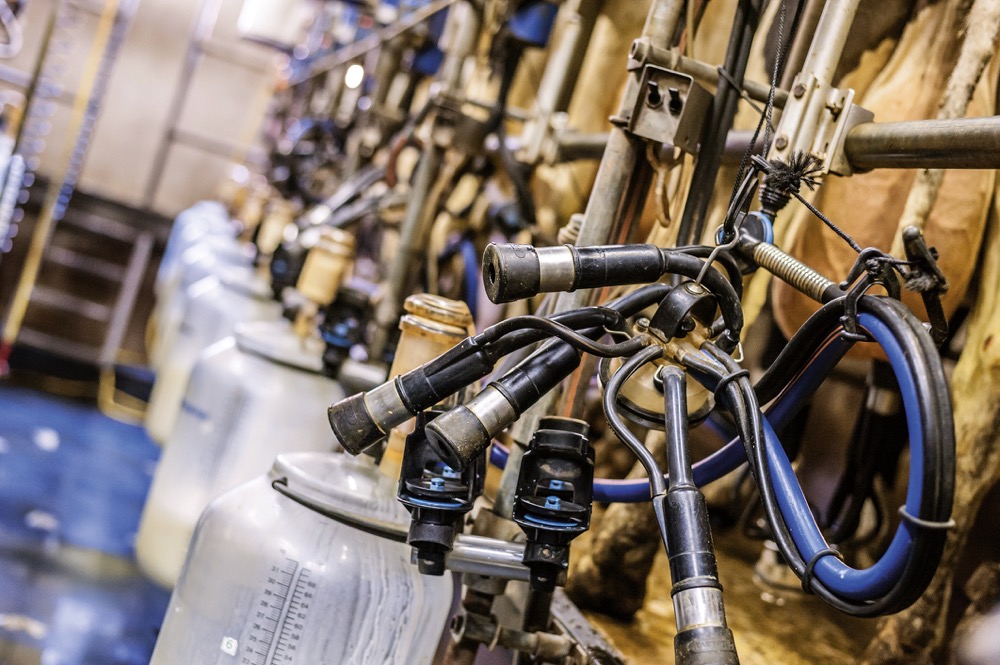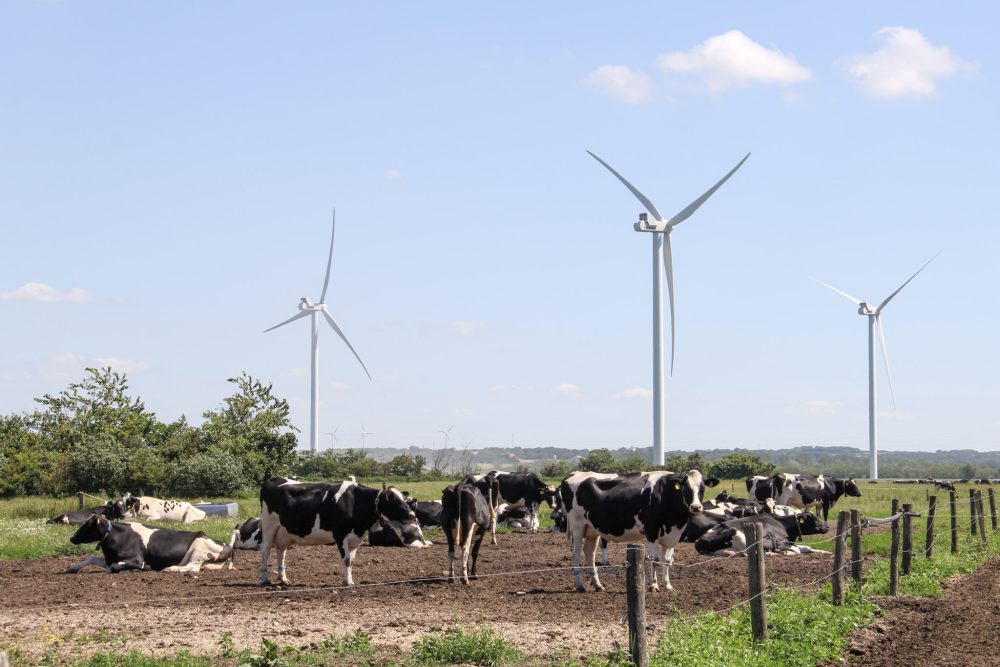U..S food safety regulators expand bird flu testing in milk products

The U.S. Food and Drug Administration has begun testing more dairy products for evidence of the bird flu virus as outbreaks spread among dairy herds across the country.
More than 120 dairy herds in 12 states have tested positive for bird flu since March, according to the U.S. Department of Agriculture. Federal officials have warned that further spread among dairy cows could heighten the risk of human infections.
The focus of additional testing is to ensure that pasteurization inactivates the virus, said Don Prater, acting director of the FDA’s Center for Food Safety and Applied Nutrition, on a call with reporters.
Read Also

Denmark will be first to impose CO2 tax on livestock emissions, government says
Denmark, a major pork and dairy exporter, will introduce a tax on livestock carbon dioxide emissions from 2030, making it the first country to do so and hoping to inspire others to follow, the government said on Tuesday.
Prior FDA testing of 297 retail dairy samples came back negative for evidence of the virus.
The agency continues to strongly advise against consumption of raw milk products, Prater said.
More than 690 people who were exposed to infected or suspected infected animals have been monitored for flu symptoms, and 51 people who developed flu-like symptoms have been tested, Demetre Daskalakis, director of the U.S. Centers for Disease Control and Prevention’s National Center for Immunization and Respiratory Diseases, said on the press call.
Three dairy farm workers have tested positive for the virus with mild respiratory or conjunctivitis symptoms, and all have recovered.
The risk to the general public from bird flu remains low, federal officials have said, though it is higher for workers on dairy farms, who should wear personal protective equipment to reduce the risk of infection.
No cases of the disease have been reported in Canadian dairy cattle, however the Canadian Food Inspection Agency continues to monitor the milk supply.
Source: Farmtario.com

